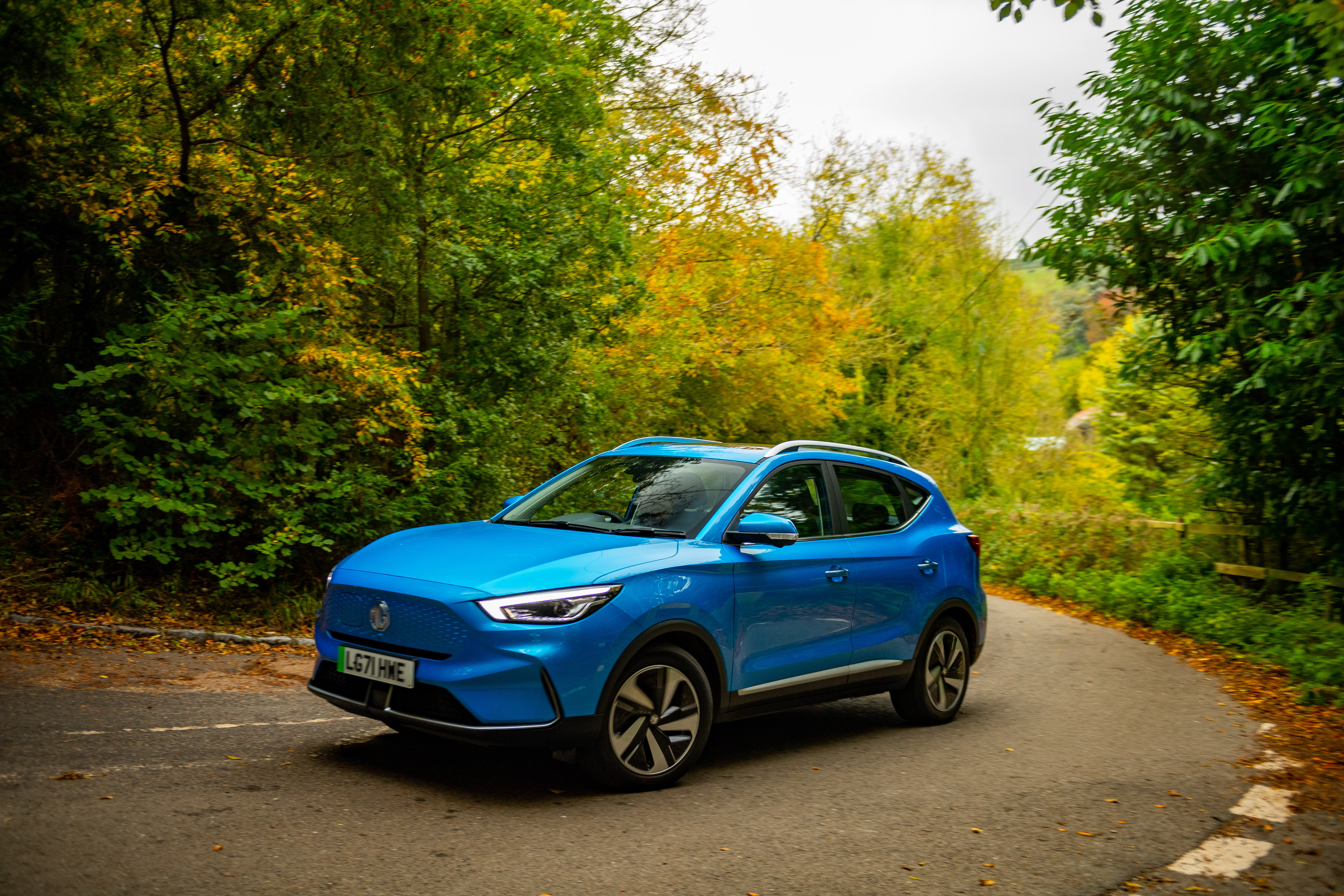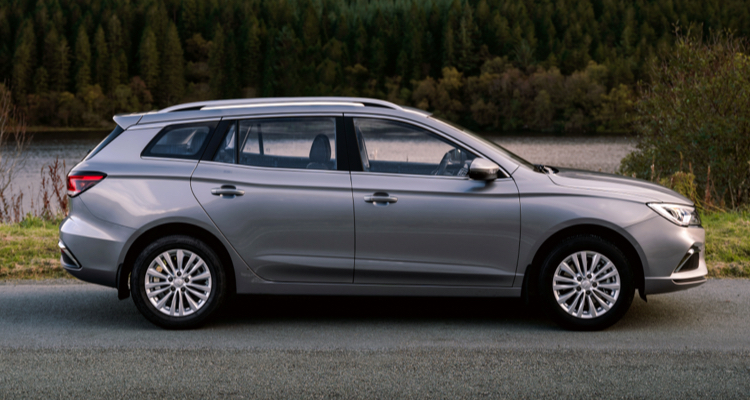Everything you need to know about electric car finance

What is electric car finance and how does it work?
Purchasing any vehicle, but especially an electric or hybrid one, is a sizable initial outlay for most people. While some choose to save up enough money to be able to buy the car outright, financing allows the total cost to be split across regular monthly payments.
The process begins with choosing whether you want to place a deposit down. Doing so will reduce your overall monthly, while deciding not to will mean your upfront costs are reduced. From here, you then choose how long you want your payment plan to last, with this typically ranging from 24-48 months. Depending on the type of finance you have chosen, you will also have the option to choose whether you want fixed interest repayments or not.
To decide the best terms for you, we recommend using a finance calculator. This can be adjusted to suit your specific circumstances, meaning that after you make the decision to finance your new vehicle, the repayments will never prove to be a financial burden.
Why choose to purchase your electric car on finance?
Electric cars still typically come with a higher initial purchase cost than their petrol counterparts. In the long run, running costs are much lower, but this up front price can still be a challenge for many who want to go electric
Electric car finance serves as a great remedy to this potential barrier. You can still choose to do your bit for the planet by going full or partially electric without having to grapple with needing to find the funds for a slightly higher initial purchase cost.
This also means you can forgo putting money away for months or even years on end to afford an electric vehicle. With electric car finance, especially if you choose to forgo placing a deposit and finance the cost of the entire vehicle, you can gain access to your new electric vehicle quicker and at a cost that suits you.
Types of electric car finance deals available
There are many different types of electric car finance deals available, but at MG we offer two: personal contract purchase (PCP) finance and purchase plan finance.They both broadly fulfill the same function but there are subtle differences. We explore these below, meaning that you can choose the best electric car finance deal for you.
What is PCP electric car finance?
PCP electric car finance usually involves paying a deposit up front and then relatively low monthly repayments for the terms of the finance deal. This means that it’s common for the full cost of the car to have not been paid back once the contract ends. As a result, there is usually the option to buy the car outright with a ‘balloon’ payment. If this isn’t your preferred choice, you could also sell the car privately or return it to the dealership.
Pros: Due to the three options listed above once the contract has ended, monthly payments on a PCP are lowered. Fixed costs will make budgeting simpler, and means you can enjoy a higher-spec vehicle for a better price. You can also regularly change your car and upgrade to the latest models, something that could prove to be pertinent as EV technology becomes more and more advanced.
Cons: You will need comprehensive car insurance and to stick to your agreed estimated mileage. The car will also never officially be yours unless the balloon payment is made.
What is purchase plan finance for an electric car?
Purchase plan finance follows the same structure of making monthly repayments as PCP, but is specifically catered to allowing you to purchase the car once the payment schedule has ended. As a result, it essentially acts like an electric car loan.
Pros: At then of your payment schedule, you will own the car outright. This means you are free to then sell it on or use it for part-exchange. While this is also the case for PCP finance, with a purchase plan, owning the vehicle is guaranteed. You will also benefit from fixed interest rates throughout the plan.
Cons: Monthly repayments are typically slightly higher than with PCP finance, especially if you don’t place a deposit down. Having to own the vehicle outright once the payment schedule has ended could also be seen as a con, largely because the resale value is always much lower.
If you’re considering purchasing a car on finance but you’re unsure which option to go with, check out our guide on which finance option is for you.
